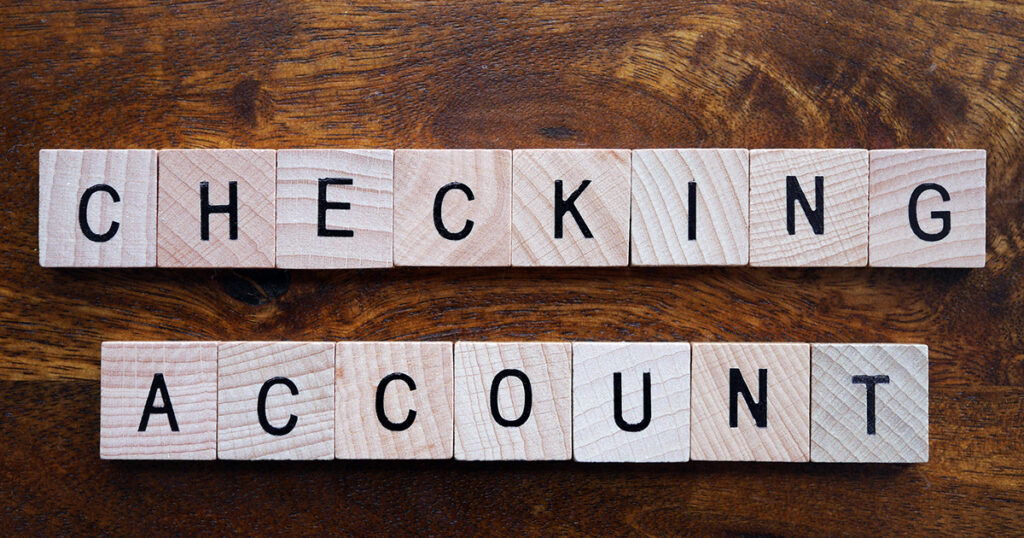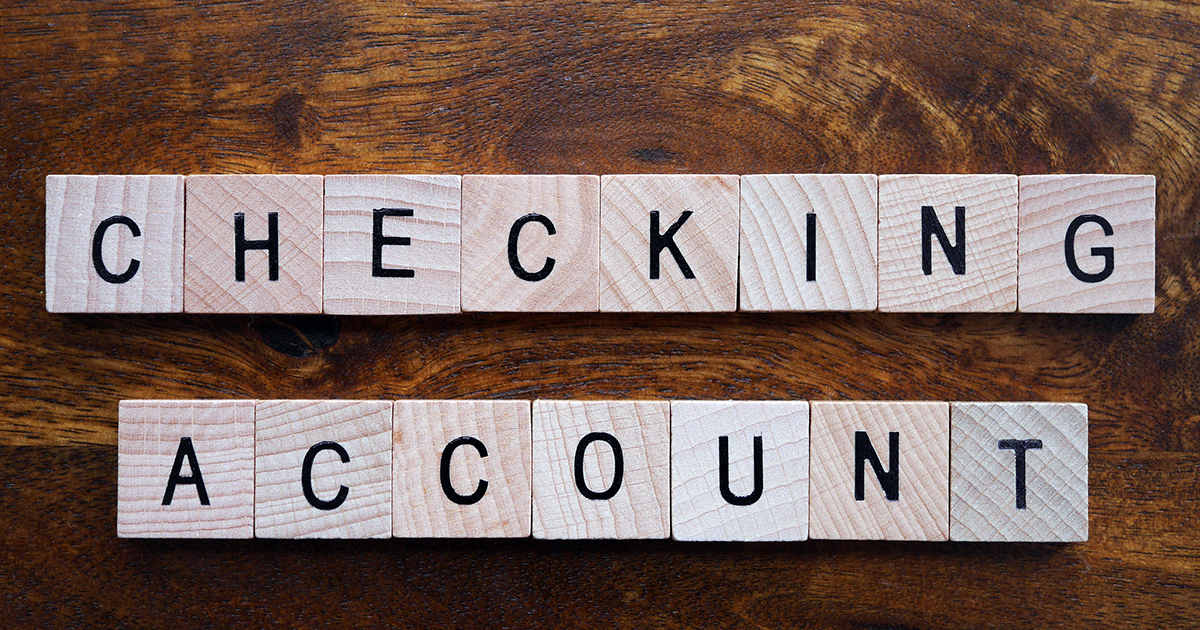Learn 8 Pros and Cons of Checking Accounts

People can use checking accounts to pay for goods and services. Money can be obtained promptly via cheque, debit card, or electronic transaction authorizations. In many cases, they are tied to a local bank and, in most cases, offer cash access through ATMs.

However, like with any financial product, there is always the potential of theft, which might ultimately limit a person’s access to their money. Should you keep your money in a checking account? Here are the advantages and disadvantages of checking accounts to consider now.
The Benefits of Checking Accounts
1. Your expenditure is constantly documented.
Even if you merely check your account, a record of your expenditure is permanently kept. It could be through a carbon copy of a check, an electronic or physical bank statement, or check documents that the bank has paid out. This makes creating a personal budget and managing spending much more straightforward.
2. Many checking accounts pay interest on balances.
Although most financial institutions demand a minimum balance in a checking account to receive this benefit, the current savings interest rate will also be transferred to the checking account. With most interest rates below 1%, this may not seem like much, but anything is better than nothing.
3. Maintenance expenditures are frequently minimal or non-existent.
Many financial institutions provide no-fee checking. It doesn’t have to pay anything to access your money as long as overdrafts are avoided or safeguards are in place. This is especially true for accounts that provide free ATM access or reimburse ATM fees.
4. You don’t need to carry cash with you.
Cash cannot be tracked. If it is stolen, there is no way to compensate for the loss. You can secure your money by blocking access to your debit card or instructing your financial institution to stop taking checks from your account if you have a checking account. Losses are frequently limited by timely reporting even if the cash is obtained.


